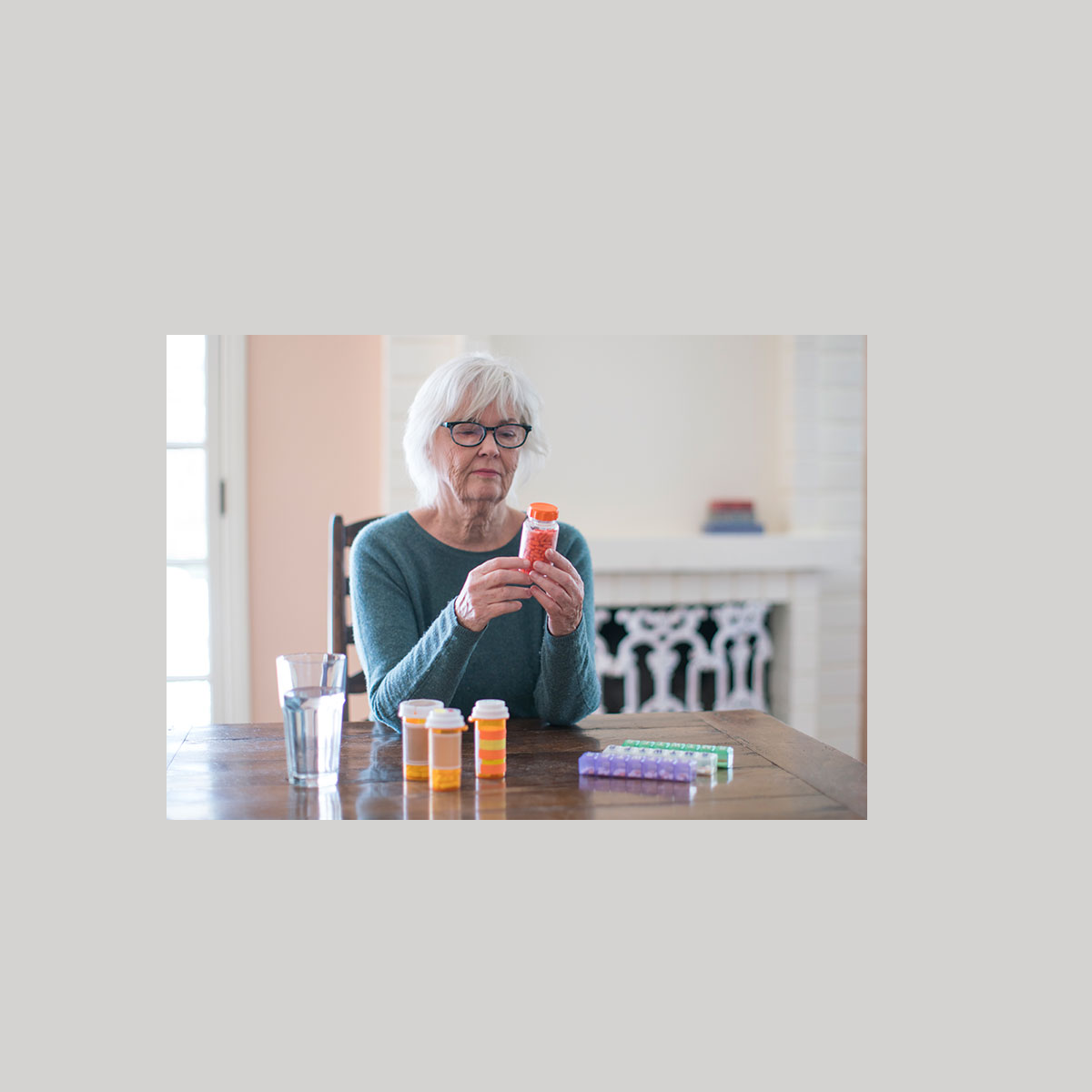With the Covid 19 spreading rapidly across the world and no effective COVID Medication yet created, It is crucial for everyone to learn in detail about this virus so that if you or your loved ones contract it, you can deal with it better. Experts are saying that with the cold weather approaching, most people will be staying indoors, which would increase the rate of virus transmission.
So how would you be able to help fight covid off? What about those who are vaccinated but can still contract the virus? what COVID Medication you should take?
The first steps are always not to create more patients, so the most important step is to isolate the person who has been infected with the virus. Doing so will help others stay safe and healthy to focus and treat the one infected better.
Dr. Jennifer Ashton mentioned to the ABC news that it has been concluded by the data that household contractions are more than the outside risks.
If you, your child, or any adult has Covid symptoms of fever, body ache, and shortness of breath, and Cough, then you need to get them tested through any of the options. Either do a PCR or a rapid test; both give the right results.
If the test is positive, here are six things to know about trying to stay safe in a shared space.
If the test comes out to be positive, then you need to do the following COVID Medication in order to deal with COVID better:
Make Space:
Although it might be difficult to maintain space between family members, there are steps that people can take to minimize the risk as much as possible.
You need to keep a good distance from the infected person in order to minimize the risks. The Covid patient should have a separate room with a good ventilation system and an attached bathroom. But as not everyone has those luxuries, and if you are one of them, then you should do your best to isolate yourself better and maintain a good distance from everyone.
Refrain from sharing utensils like spoons, plates, and other things like towels, shavers, etc. The coronavirus lives on some surfaces for a long time, so if you are not careful, someone else might get infected too.
Create a healthy ventilation system in your home – COVID Medication
Ventilation is very important to keep the virus from spreading. Keep the windows wide open at all times so that fresh air can come in and the air with viruses that you breathe out can leave your room.
We understand that it is not possible in areas with lower than the normal temperatures, so for them, it is crucial; to leave at least a crack open in the window.
It was suggested by The Centers for Disease Control and Prevention (CDC) that there should be a way to get your home’s air filtered. You can filter through an air cleaner or turn on the fan. You can also point the fan in the direction where the virus particle’s exhaust is placed.
Everyone should wear a mask.
Everyone should wear a mask, especially when going closer to the infected person’s room because they are infectious, and you can get viruses through them easily. The spread of infection can happen through normal chatting or just by inhaling air through breathing with the person. Someone who has Covid will be infectious for the first ten days from the onset of the symptoms. This person could be an adult or child spreading the virus actively.
The CDC recommends masks that have two or more layers of breathable fabric, completely cover your nose and mouth, fit well against your face, and have a wire across the nose that prevents the air from slipping out of the mask. Masks for children should fit properly and not be used on those who are under two years old. There are other exceptions for some people with disabilities.
Children under the age of two should not be made to wear any masks. The same goes for people with several disabilities. It is okay for them not to wear a mask, but the rest must wear it.
Only one caretaker:
Any sick person, but especially a sick child, will need some help to get through this disease.
There should be only one caretaker who can keep a check on the patient’s health and medications. This caretaker could be anyone who is vaccinated, preferably, but for children, it is better for any one of the parents to be the caretaker. Make sure that this person does not get exposed too much because that will put him under threat.
The caretaker should make sure that the person takes his medicines on time, drinks a lot of fluids, and make sure that there is enough room ventilation.
It is very important to look for the warning signs like increased heartbeat, shortness of breath, no movement, changing of coloration of the lips, skin, and nails, etc.
When should you quarantine yourself?
If your symptoms have already shown, then you need to isolate yourself because now you have become infectious.
The CDC has recommended for people who have been in contact with a COvid patient to get tested with a gap of five to seven days after your contact. Even if there are no symptoms, you should still get tested because symptoms do not guarantee the existence or nonexistence of the virus.
Get vaccinated
The best solution to the whole problem is just to get everyone who is eligibly vaccinated in your household.
Ashton said that according to the CDC, vaccination is the best and most efficient way to protect you and everyone else around you. It has been reported that non vaccinated citizens have a threat of six times more contracting the virus, and they are eleven times more susceptible to death than the vaccinated person.
Also Read: COVID Deaths Surge in Romania; Morgue Hospital Strives
